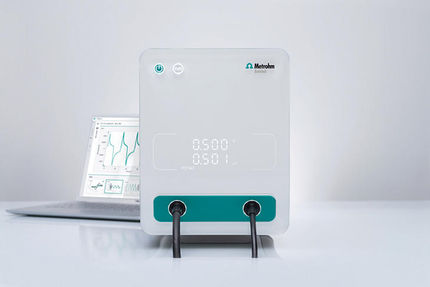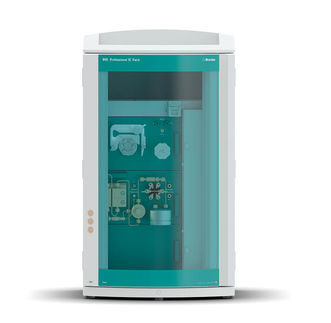To use all functions of this page, please activate cookies in your browser.
my.chemeurope.com
With an accout for my.chemeurope.com you can always see everything at a glance – and you can configure your own website and individual newsletter.
- My watch list
- My saved searches
- My saved topics
- My newsletter
RheometryRheometry (from the Greek word rheos meaning stream) generically refers to the experimental techniques used to determine the rheological properties of materials, that is the quantitative and qualitative relationships between deformations and stresses and their derivatives. Product highlightThe choice of the adequate experimental technique depends on the rheological property which has to be determined. This can be the steady shear viscosity, the linear viscoelastic properties (complex viscosity respectively elastic modulus), the elongational properties, etc... For all real materials, the measured property will be a function of the flow conditions during which it is being measured (shear rate, frequency, etc...) even if for some materials this dependence is vanishingly low under given conditions (see Newtonian fluids). Rheometry is a specific concern for smart fluids such as magnetorheological fluids and electrorheological fluids, as it is the primary method to quantify the useful properties of these materials.
See also
Categories: Continuum mechanics | Fluid mechanics |
| This article is licensed under the GNU Free Documentation License. It uses material from the Wikipedia article "Rheometry". A list of authors is available in Wikipedia. |







